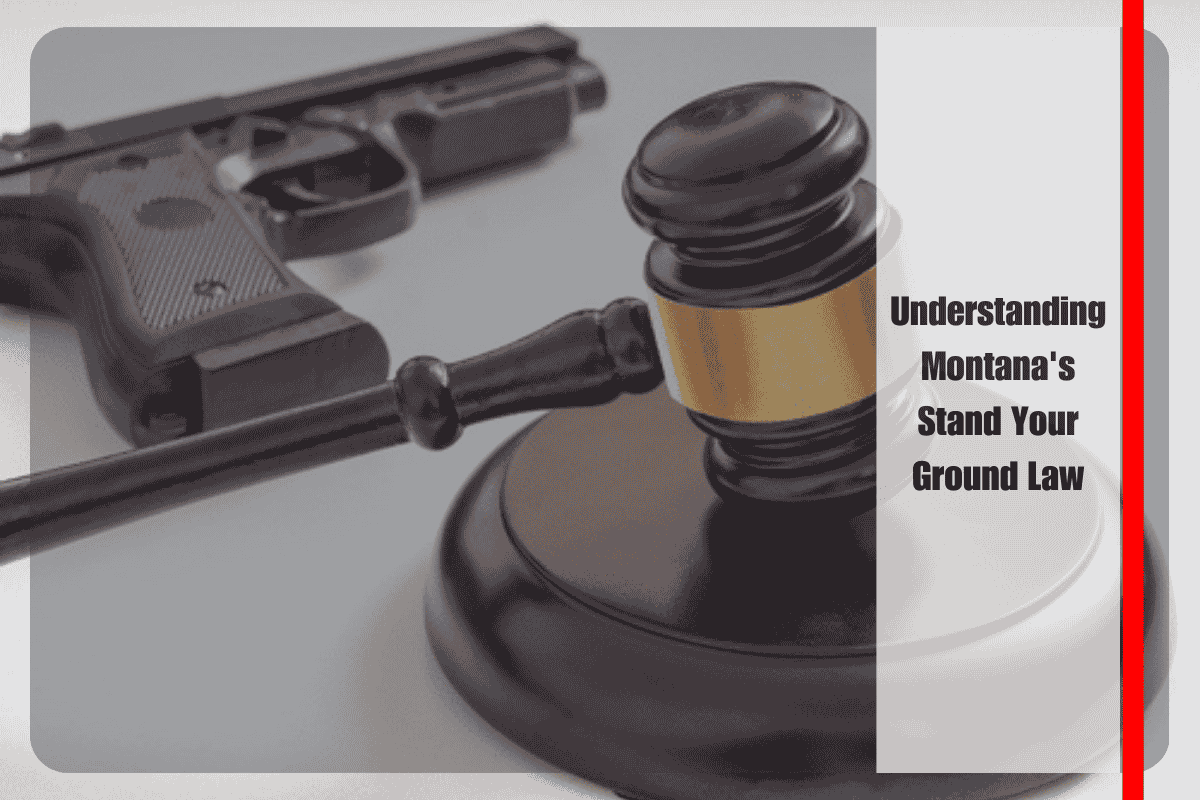Montana’s Stand Your Ground law removes the legal duty to retreat before using force in self-defense, as long as a person is lawfully present and reasonably believes force is necessary to stop an imminent threat of serious injury or death.
Core Principles
- No Duty to Retreat: In Montana, an individual does not have to attempt escape or retreat before using force, including deadly force, in self-defense.
- Lawful Presence: The law applies wherever a person has the legal right to be, not just in the home or vehicle.
- Reasonable Belief: Force may be used if the individual reasonably believes it is necessary to prevent imminent harm to themselves or others.
Cast Root Differences and Application
- Beyond the Castle Doctrine: While the “Castle Doctrine” protects people using force in their own home, Stand Your Ground covers any public or private place where a person is legally allowed.
- Applicable Force: The law allows the use of both non-lethal and lethal force, provided the threat is credible and imminent.
Legal Protections and Limitations
- Criminal and Civil Immunity: If acting in accordance with Stand Your Ground, criminal prosecution is less likely, though courts may still scrutinize each case for reasonable belief and necessity of force.
- Limitations: The law does not protect those who initiate violence, are engaged in criminal activity, or act after provoking the confrontation.
- Not Absolute Defense: Juries can still reject the defense if the belief in threat or use of force is found unreasonable under the circumstances.
Policy and Social Context
- Stand Your Ground laws, including Montana’s, are debated due to research linking them to increased homicide rates, though supporters argue they enhance the right to self-defense.
Montana’s Stand Your Ground law broadly protects those who act in clear self-defense without requiring retreat, but force must be a last resort, proportional, and based on a genuine, reasonable assessment of imminent danger.
Sources
(https://www.ncsl.org/civil-and-criminal-justice/self-defense-and-stand-your-ground)
(https://giffords.org/lawcenter/state-laws/stand-your-ground-in-montana/)
(https://en.wikipedia.org/wiki/Stand-your-ground_law)
(https://www.justia.com/criminal/defenses/stand-your-ground-laws-50-state-survey/)
(https://worldpopulationreview.com/state-rankings/stand-your-ground-states)












